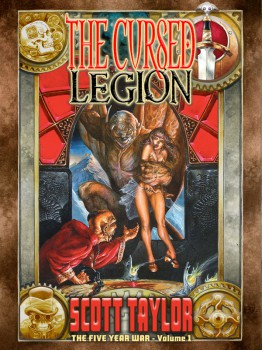Pass the Salt, Please
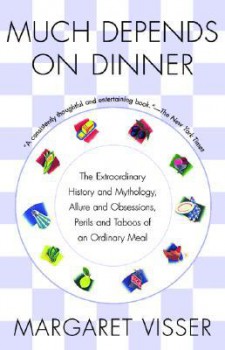 According to some people, I spend an inordinate amount of time thinking about food. That’s right, I’m one of those people who start planning lunch while we’re still sitting at the breakfast table. But, see, there’s a reason for that: something might need to come out of the freezer, or come in from the garden.
According to some people, I spend an inordinate amount of time thinking about food. That’s right, I’m one of those people who start planning lunch while we’re still sitting at the breakfast table. But, see, there’s a reason for that: something might need to come out of the freezer, or come in from the garden.
I also have a good grasp on where my food comes from. As a child, one of my aunts kept chickens in her patio, and we kids used to flush rabbits for my uncle and his friends to kill with sling shots – real slings, by the way, not catapults.
Now that I live in the country, I buy meat and cheese from the people who produce them – my neighbours. I also have a very large garden where I grow my own produce, and as it happens, there’s not a lot about freezing, canning, and preserving that I don’t know.
One thing’s for sure: it takes up a lot of time. And in a pre-industrial age – the time period that most of us use for our secondary world fantasies – it took up almost all of the time. So why don’t we see more of it in our books? Well, it’s just that, for most of us, how to get dinner, where dinner comes from, how to pay for it, grow it, etc. isn’t the story we want to tell – nor the story our readers want to read.
But as I’ve suggested already (and no doubt will again), this is information we need to know. Not doing this right – or not doing it or at all – is the mark of an amateur. Sometimes, in our modern technological world, we’re so far removed from how the food gets produced, that we can easily make serious mistakes – or worse, overlook significant motivation – by not understanding where food comes from, and how it was produced in a pre-industrial age.
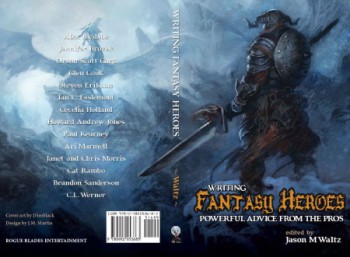
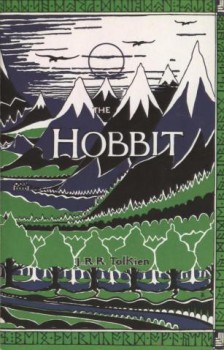
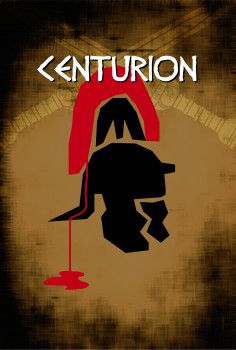
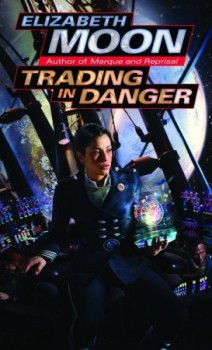
 It’s tempting to come up with some cheap shot punchline about how tax returns are a subgenre of fantasy literature. I’d poke at the puzzle longer, but I believe in the rule of law, so my tax returns are a good-faith attempt at nonfiction. There are times when I wish I hadn’t been drawn up as a Lawful Good character — goodness knows I tried at least to be Chaotic, but I could never keep it up for long.
It’s tempting to come up with some cheap shot punchline about how tax returns are a subgenre of fantasy literature. I’d poke at the puzzle longer, but I believe in the rule of law, so my tax returns are a good-faith attempt at nonfiction. There are times when I wish I hadn’t been drawn up as a Lawful Good character — goodness knows I tried at least to be Chaotic, but I could never keep it up for long.

